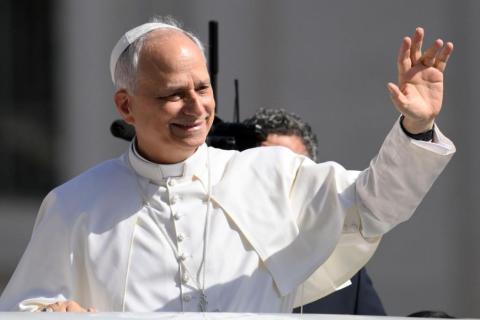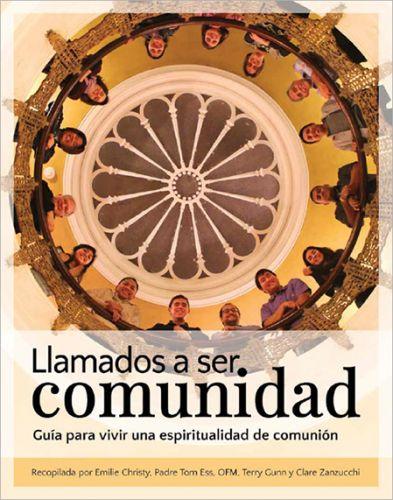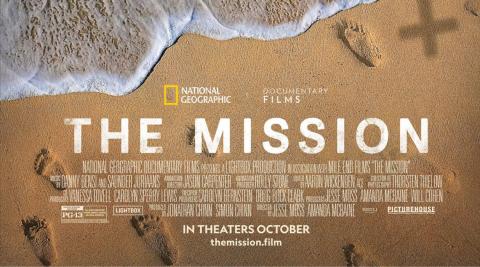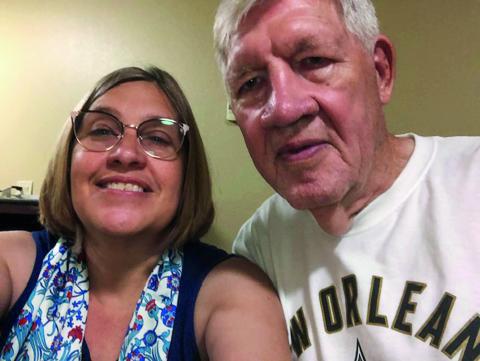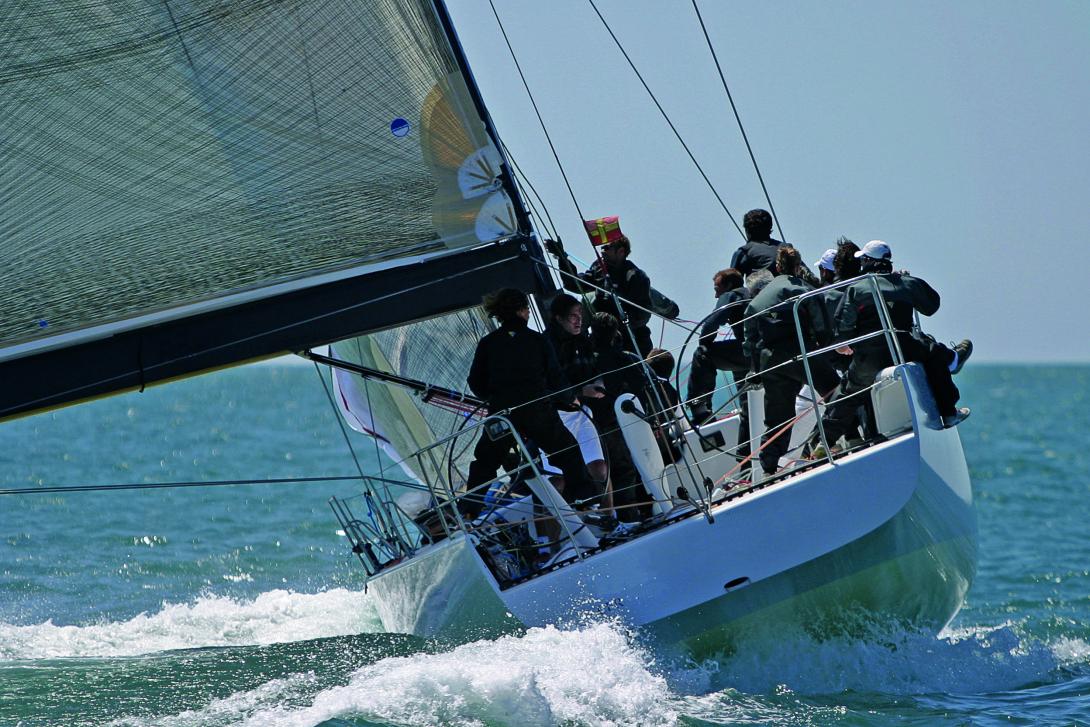
Photo by SandraRBarba | Dreamstime.com
Leadership seems to be different when it comes to young adults. Many advocate for it, adults and youth alike, saying it’s much needed and that not much is being done in that area.
The Youth Center for North America (YCNA) is composed of a team of young adults who are dedicated to its mission of inspiring and mobilizing young people from all backgrounds to live for a more united world. YCNA creates and plans opportunities for young people to come together and build community through activities and programs that help develop the whole person, one of which was a workshop on leadership.
When we showed our first draft ideas to a 19-year-old university student, he replied that he didn’t see anything there for him. This was a signal that we had to stop and try to understand how a young adult views leadership.
We asked those who registered what they were looking for. They replied: “to improve my skills for the ministry I volunteer with,” “to gain and improve my leadership and communication skills,” “to learn and implement new leadership skills/qualities into my professional life” and “to experience how to be a change maker in a local area and to be able to serve people.”
This prompted us to reflect on our preparation for the event, receiving guidance and direction by people who carry out leadership training, whether in their own work environment or private business. It urged us to continue this consultation, bringing us to realize how fundamentally useful a program focused on personal strengths and values along with real life stories of developed leadership could be.
“The pessimist complains about the wind. The optimist expects it to change. The leader adjusts the sails.”
The above quote by John C. Maxwell hints clearly to the fact that the leader has all the potential. While we all have options on how to handle what comes our way, good or bad, a leader uses it to the advantage.
As young people seem to have many “winds” come their way; decisions, questions, problems, challenges, setbacks or breakups, it seems opportune to focus on using them to help reach desired goals, to learn new things and grow. We therefore entitled our workshop “Adjusting the Sails,” which was prepared and hosted by the YCNA.
During the five-day program, we helped participants discover aspects of leadership that brought out their strengths and provided a path for growth. We taught them the importance of recognizing boundaries and understanding when letting go is crucial.
We directed them to identify ways to understand what it meant when we say “yes” or “no” to requests, to welcome freedom that comes from being a piece of the mosaic and explore ways to handle conflict.
To provide a broader view of leadership and see it hands on, we set up opportunities to visit sites and get an up-close visual, hear personal stories of successful leadership and engage in dialogue. This took place in the areas of business, service and dialogue. All three fields sparked great interest.
Business is an area that often encourages leadership roles. Service provides the opportunity to help others in concrete ways, but also offers the experience of people who went from being served to wanting to pay it forward. The programs encouraged entering the lives of those served to then help them grow and develop as persons.
In the sense of service, leadership is reaching back and pulling others up, bringing out the skills and strengths they can use to become leaders.
Dialogue reminds us that even though particular conversations are not always easy to have but are still necessary, there are ways to lead a discussion that can be healthy and beneficial for all parties. The program as a whole was inspired by the spirituality of unity, which prepares participants to lead and journey towards building a more fraternal and united world.
Intermediate feedback throughout the program from participants helped us see we were on the right track. Their feedback, however, at its conclusion reassured us that it was a beneficial learning experience where they gained skills useful for situations they currently find themselves or for leadership roles in the future.
“This was an amazing program,” “My strengths are what make me unique,” “This was one of the most motivating events and changed me. It helped relight my passion” and “The assignment/exercise they had us do was very beneficial to leadership and communication skills.”
We were grateful for the opportunity to provide leadership training and look forward to the next occasion. Growth in leadership is a process that happens over time.





